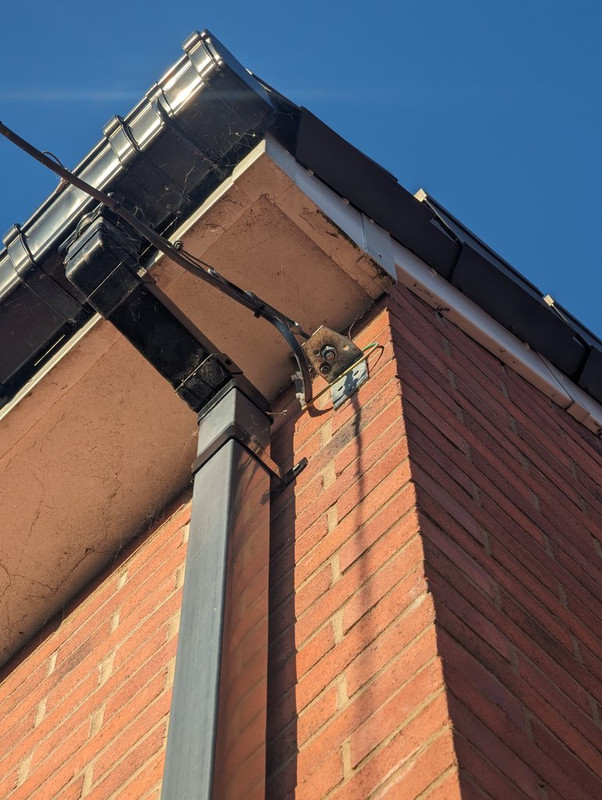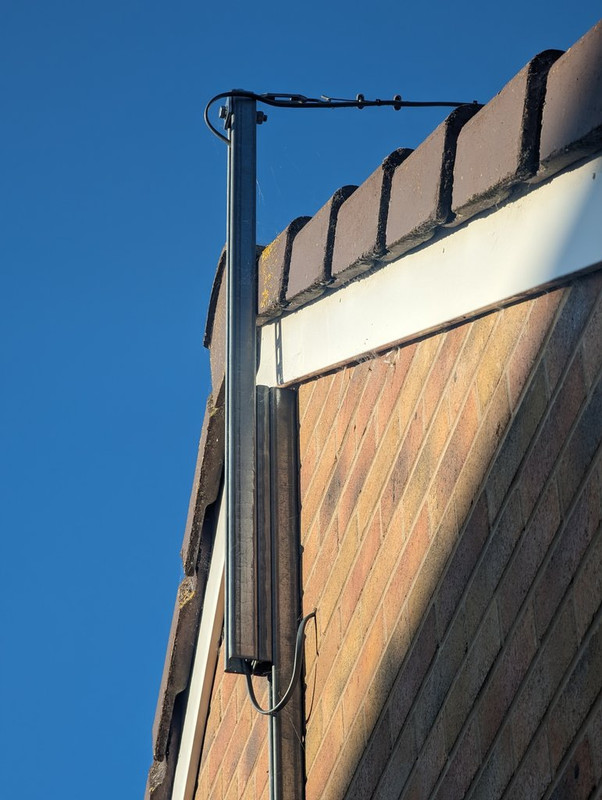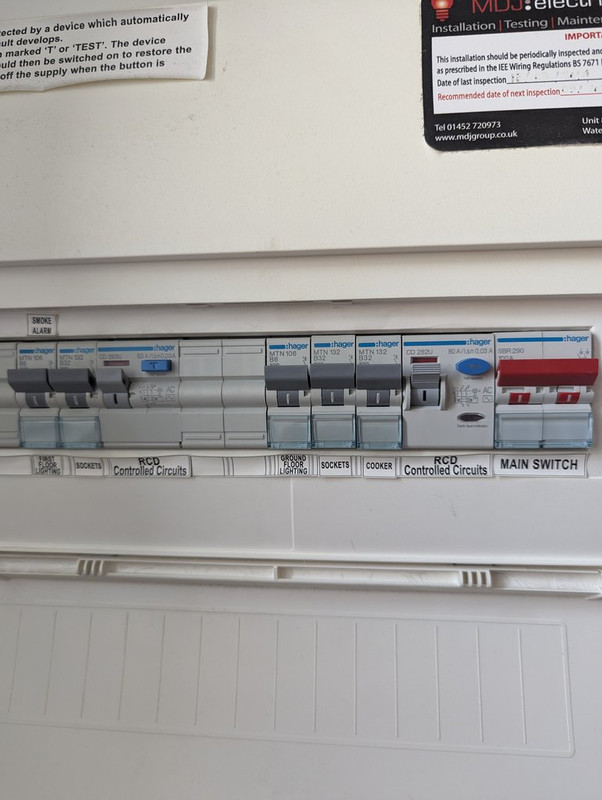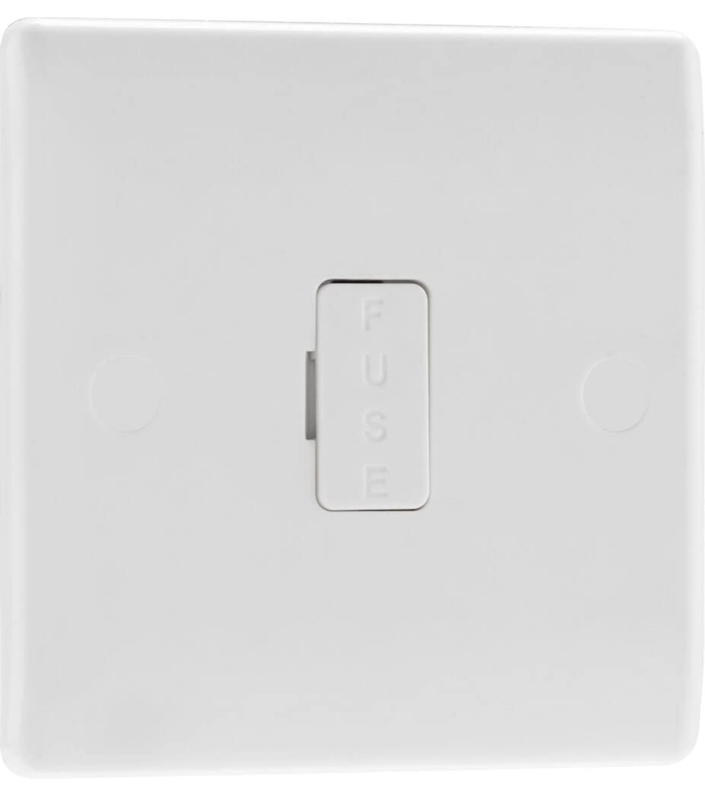Soldato
- Joined
- 23 Mar 2011
- Posts
- 11,335
A few years ago, we had an overhead cable installed to take power out to our external garage for lighting and a tumble dryer etc.
I believe the install is essentially spurred from a socket it the bedroom, taken up to a board in the loft, then out over head to the garage at the bottom of the garden, in the parking area with use of a tensioned support cable to reduce the sag etc.
Anyway, this has treated us well but we are going on the market and I'm wondering if such an install is "allowed"
It was done by an extremely competent electrician friend of the family but done as a favour, no paper work etc.
I'm wondering if it's just best to get it reversed? Or if it is allowed, leave it up as a selling point
I believe the install is essentially spurred from a socket it the bedroom, taken up to a board in the loft, then out over head to the garage at the bottom of the garden, in the parking area with use of a tensioned support cable to reduce the sag etc.
Anyway, this has treated us well but we are going on the market and I'm wondering if such an install is "allowed"
It was done by an extremely competent electrician friend of the family but done as a favour, no paper work etc.
I'm wondering if it's just best to get it reversed? Or if it is allowed, leave it up as a selling point

Last edited:






 .
.